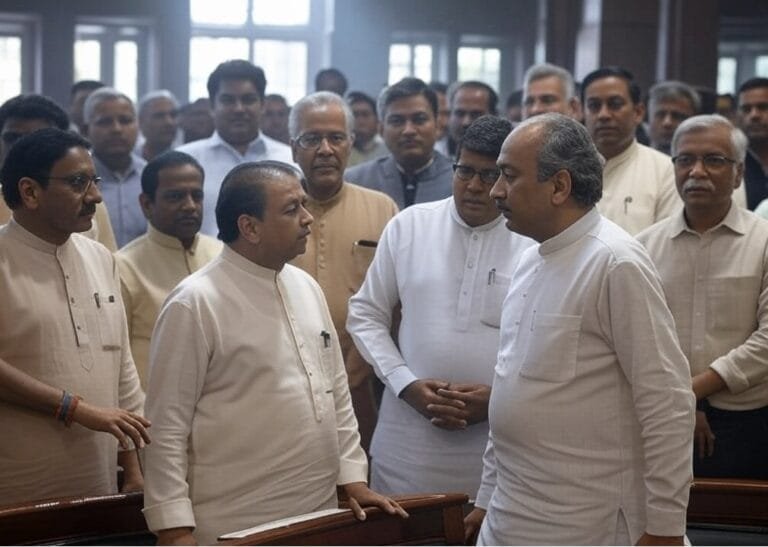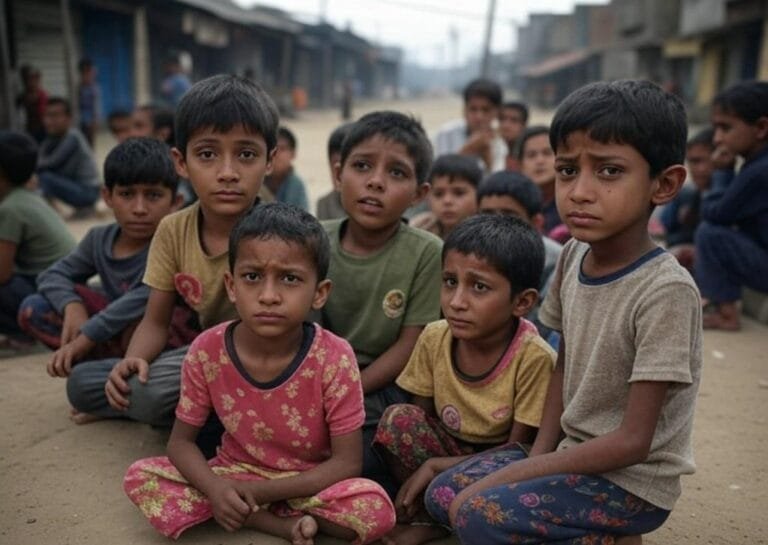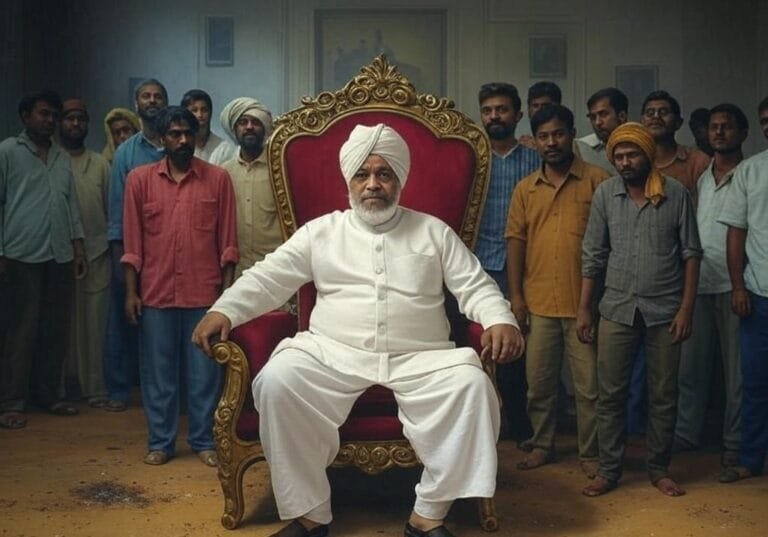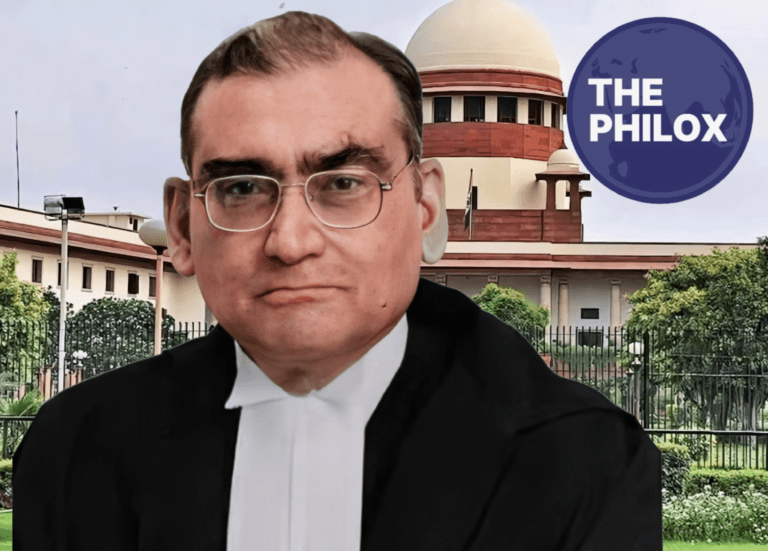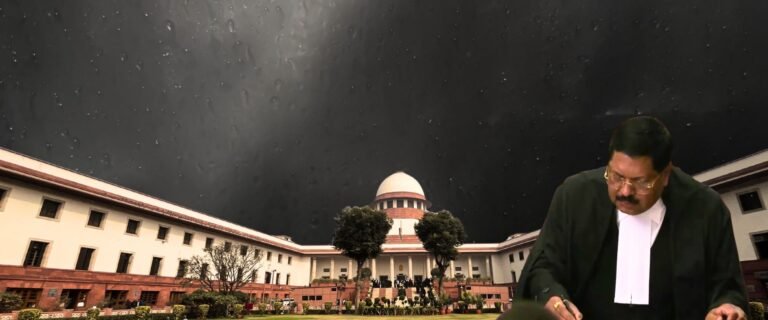I saw many videos of some top universities of the world, many of them American
unemployment
Many tall claims are made that India is a glorious country with a bright future, with the...
Justice Katju critiques the overhyped narrative surrounding Artificial Intelligence (AI), arguing that its portrayal as a revolutionary...
People of India must realise the truth, that elections only result in change of leaders, who only...
This article explores the dynamics of the Delhi Assembly elections, focusing on the Bharatiya Janata Party (BJP)'s...
India must transform into a modern industrial giant to eradicate poverty, unemployment, and malnutrition, drawing inspiration from...
Justice Markandey Katju delineates the distressing state of Indian politics, where politicians exploit caste and communal divides...
In his critique, Justice Katju applies Hegel's dictum "The real is the rational and the rational is...
Justice Markandey Katju critiques the notion of India's 1947 Independence as a 'phoney freedom', arguing that it...






